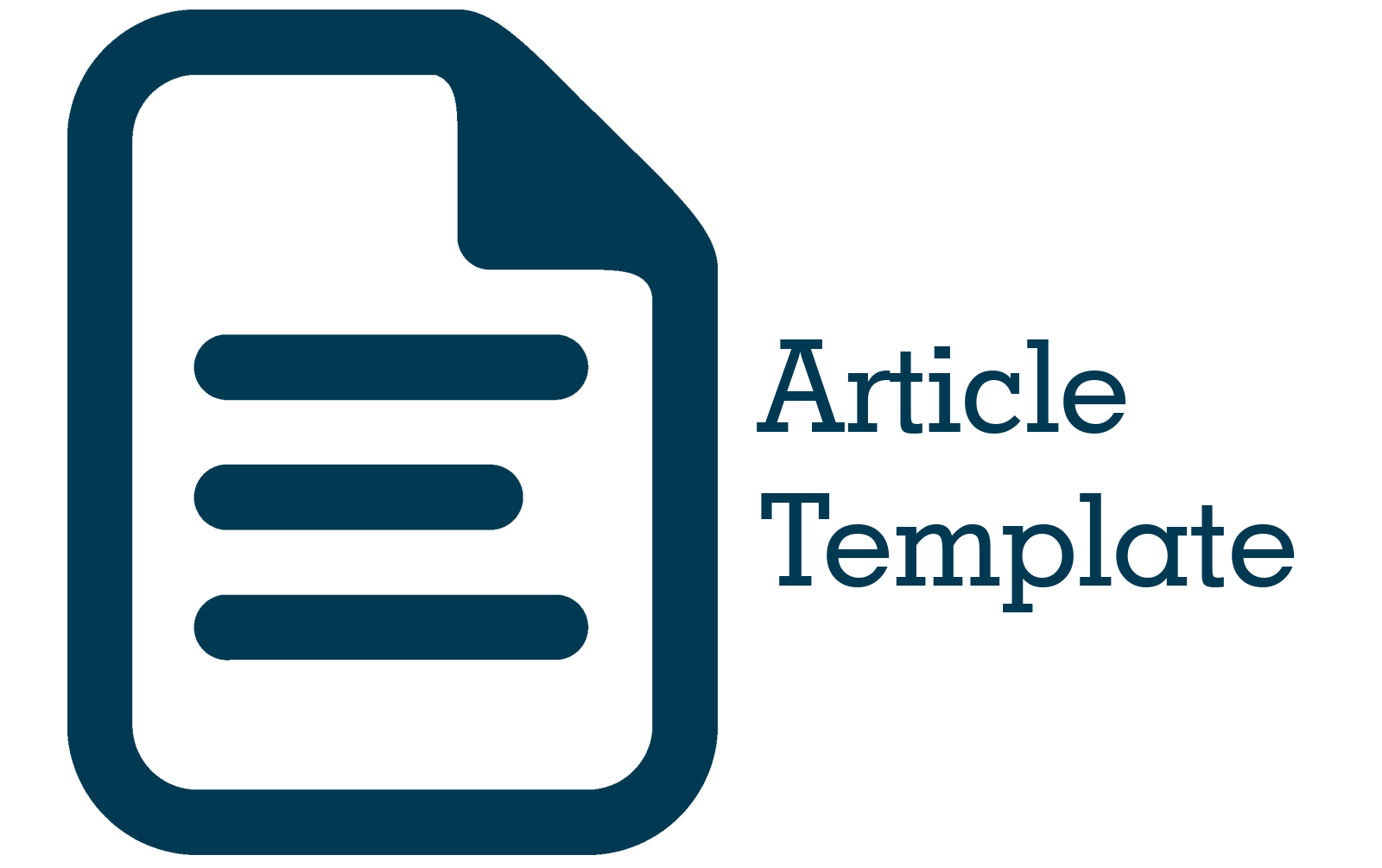THE EFFECT OF SLOW DEEP BREATHING ON CHANGES IN BLOOD PRESSURE OF THE ELDERLY WITH HYPERTENSION
DOI:
https://doi.org/10.29082/IJNMS/2024/Vol8/Iss1/581Keywords:
Slow deep breathing, blood pressure, hypertensionAbstract
Hypertension was an increased in systolic and diastolic blood pressure above normal limits. Age is a factor in hypertension, in old age there is a narrowing of blood vessels resulting in an increase in blood pressure. Treatment of hypertension can be done non-pharmacologically, one of which is slow deep breathing. This study aims to determine the effect of slow deep breathing on blood pressure changes in elderly people with hypertension. The research design used was Pre-Experimental with the One Group Pretest- Posttest Design. The population in this study were all elderly people with hypertension in Garu Hamlet, Podoroto Village, Kec. Kesamben Kab. Jombang as many as 34 elderly. The sample in this study were 34 respondents with the total sampling technique. The research instrument uses a digital sphygmomanometer to measure blood pressure. The results of the Paired T-Test analysis show p value = 0.000 <α 0.05. These results indicate that there is an effect of slow deep breathing on blood pressure changes in the elderly with hypertension in Garu Hamlet, Podoroto Village, Kesamben District, Jombang Regency. Slow deep breathing stimulates the release of endorphins, thereby reducing sympathetic nervous activity and increasing parasympathetic nervous activity which causes a relaxing effect and causes a decrease in blood pressure.
Downloads
Downloads
Published
Issue
Section
License
Authors who publish with IJNMS agree to the following terms
- Authors retain copyright licensed under a Creative Commons Attribution-ShareAlike 4.0 International License that allows others to share the work non-commercially with an acknowledgement of the work's authorship and initial publication in this journal.
- Authors are permitted and encouraged to post their work online (e.g., in institutional repositories or on their website) prior to and during the submission process, as it can lead to productive exchanges, as well as earlier and greater citation of published work (See The Effect of Open Access). Authors can archive pre-print and post-print or publisher's version/PDF.










_IJNMS.png)






